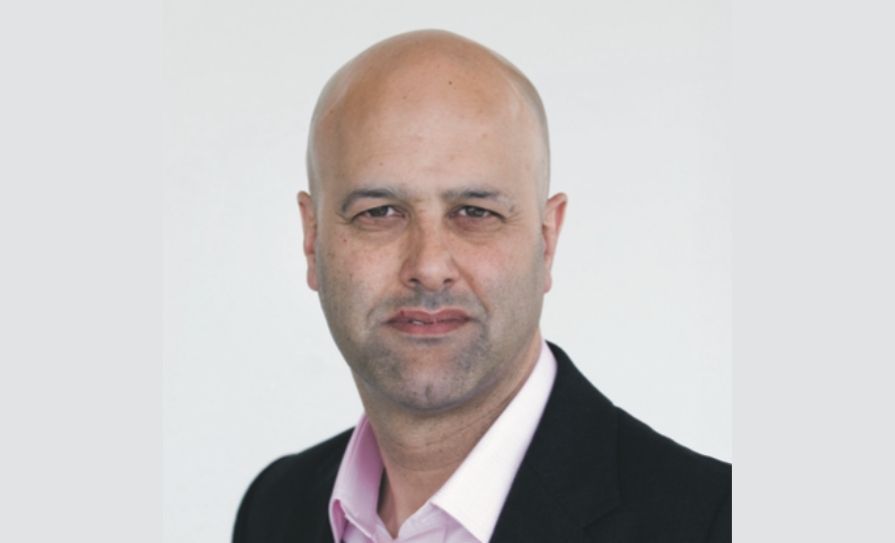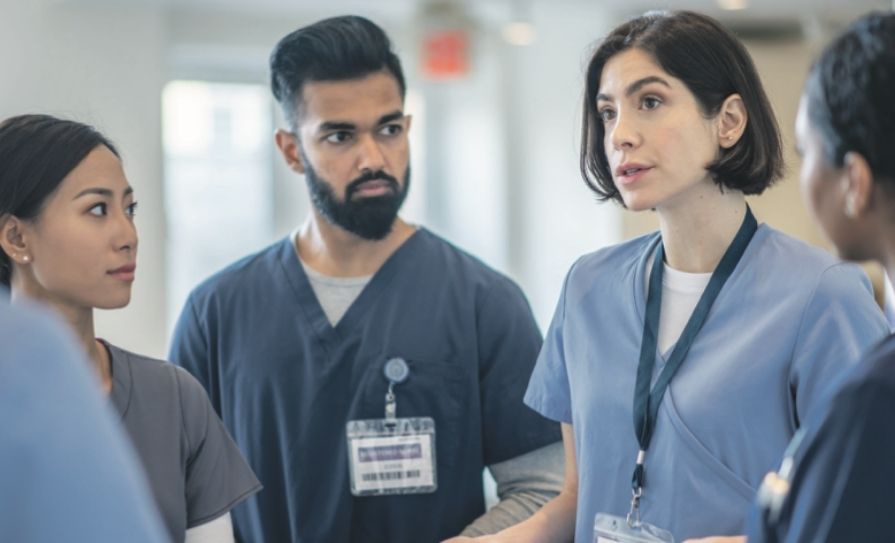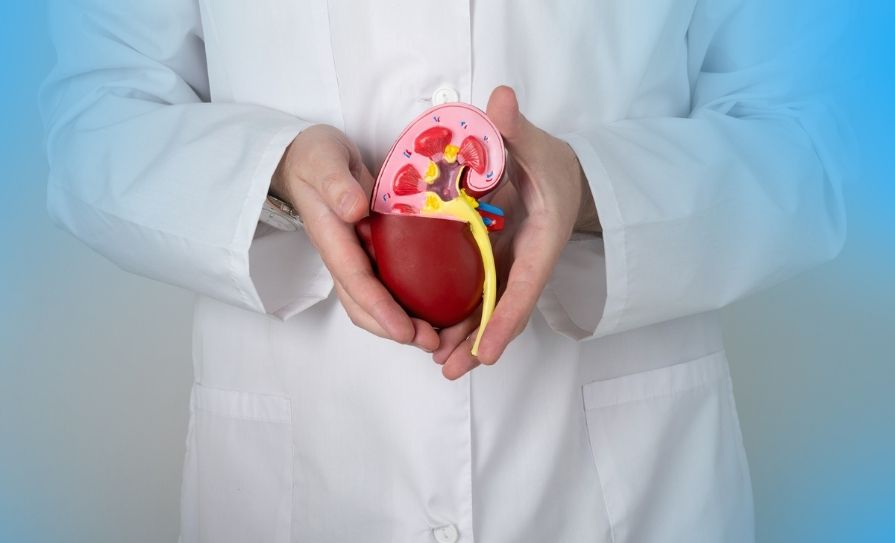<h3>‘Really slow progress’ on bed capacity – IAEM President</h3>
Capacity problems in the acute hospital sector must be a Government priority, two leading emergency medicine consultants have told the <strong><em>Medical Independent</em></strong> (<strong><em>MI</em></strong>).
“We did feel the capacity review [Health Service Capacity Review, 2018] was a big step forward,” President of the Irish Association for Emergency Medicine (IAEM) Dr Emily O’Conor told <strong><em>MI</em></strong> at the Association’s Annual Scientific Meeting in Dublin (18-19 October).
“I suppose we have been told for decades that, OECD-wise, our number of beds are ‘okay’. And yet we knew on the frontline that was not right, so we really welcomed the bed capacity report, which stated that we need several thousand more beds in the system.
“It’s just the really slow progress. They are looking at bringing on maybe a few hundred beds over the next four years. It’s just not very ambitious, so we do welcome the report, but it is just too slow for us.”
Also speaking to <strong><em>MI</em></strong> at the conference, IMO President and Consultant in Emergency Medicine at Beaumont Hospital, Dublin, Dr Peadar Gilligan, said “we have major concerns around this particular issue”.
“It has been clearly identified by the capacity review that we need additional beds in the system, the minimum requirement being 2,600. The immediate requirement being recognised… as 1,260 beds. We just have not seen that investment in the system.
“Yes, [we have had] one billion [euro] additional for the health service in the Budget, but the reality of that is that it will not help us deliver on capital infrastructure that we require. I suppose the very real concern is that we still don’t have the capacity facing into winter, with the increasing prevalence of influenza and indeed of other resistant bugs in the hospital system.
“So we would be very keen to see a road map — a plan set up showing exactly where the beds will be, when they will be delivered, and how they will be delivered to the various hospitals around the country.”
Connected to this issue, Dr Gilligan noted that the IMO would also like to see “the development of the elective hospital”.
“One of our concerns is that money is being spent in the NTPF [National Treatment Purchase Fund] that is taken out of the public purse and is being spent on delivering private care for patients. There has been a historical underspend in the health system, so we would prefer that there was a strategic investment in the delivery of that care within the public system, and that means building elective-only hospitals, as well as increasing overall capacity in the system.”
<h3>Emergency medicine ‘flourishing’</h3>
Emergency medicine is “entering a golden age” in spite of major funding and capacity issues, the recent IAEM Annual Scientific Meeting in Dublin was told.
A number of speakers at the meeting emphasised the positive developments in the specialty in recent years. “Despite the challenges, emergency medicine in Ireland is flourishing,” IAEM President Dr Emily O’Conor stated to the large number of attendees.
Dr O’Conor pointed to strides made by the National Emergency Medicine Training Programme and the growing number of doctors training in the specialty. She also noted that 48 per cent of Irish emergency medicine trainees in 2017 were female. “I think we can be proud of that; we are an inclusive specialty,” she commented.
Dr Taj Hassan, President of the Royal College of Emergency Medicine, UK, spoke on the rapid growth of the specialty.
He argued that “we are entering a golden age of emergency medicine”. Dr Hassan said that advances in artificial intelligence (AI) and other technologies meant that major changes were on the horizon for the specialty.
He said there was a difference between the trajectory of emergency medicine as a specialty and some of the problems in the wider health system in terms of funding and capacity.
“It is really important to disaggregate the fact of where the specialty is going and the incredible trajectory we are on, and where the wider healthcare system is going,” he said.
“The reason for the healthcare system being in its troubled state is because our policy-makers and governments are not able or prepared to invest as much as they should in health.
<p class=”HeadC20MIstyles”>“When we peer forward, we know the future of technology of AI learning and a whole range of other things are going to be transformative and we can grasp that with both hands…this is a fantastic opportunity; we are entering a golden age.”
<h3>Big increase in paediatric emergency medicine consultants required for National Children’s Hospital</h3>
A significant increase in consultants in paediatric emergency medicine will be required for the National Children’s Hospital model of care, the IAEM Annual Scientific Meeting heard.
Dr Ciara Martin, Consultant in Paediatric Emergency Medicine at Tallaght University Hospital, told the meeting there were nine paediatric emergency medicine consultants in Ireland and this number would have to rise to over 30 in the coming years.
“There have been challenges and we have a lot ahead of us. I think workforce comes up all the time,” she said.
“We need to move to 30 plus [paediatric] emergency consultants over the next four years. We have nine at the moment. But our model [for the National Children’s Hospital] needs 30-to-40. We need to incentivise and to make it attractive.
“We want to make sure our workload is balanced and we are flexible and that staff don’t feel overwhelmed… Yes, we need consultants there; we are also very conscious that we have to give good life/work balance. We need to be offering flexible time.”
Dr Martin also noted that “nursing recruitment needs to be to the fore”. She said if recruitment does not reach the planned levels, “we won’t be able to deliver the model of care”.
IAEM President Dr Emily O’Conor told the meeting that the Association considered part of its mission as advocating for patients, but also for the “medical diaspora”.
“We don’t want doctors going to Australia,” said Dr O’Conor. “Our Irish doctors and nurses are a huge asset; we have exported them en masse — we want to stop exporting them and we want those who are out there to come home. So we are advocating on behalf of our medical diaspora.
<p class=”HeadC20MIstyles”>“Why are they gone? It’s tough out there; they don’t pay us what we are due and they make our lives pretty miserable. So why would people want to come home? This all has to be turned around in the next few years. But I think the Government is beginning to get the message around consultant staffing and working conditions.”












Leave a Reply
You must be logged in to post a comment.